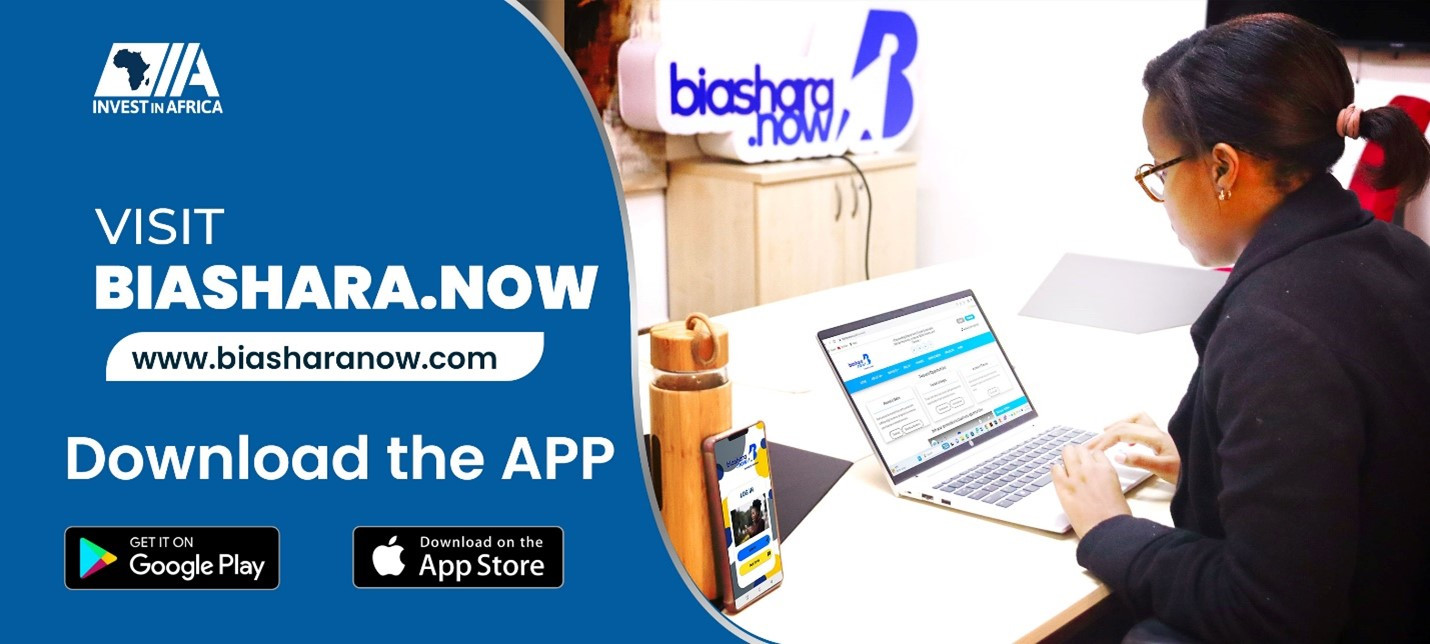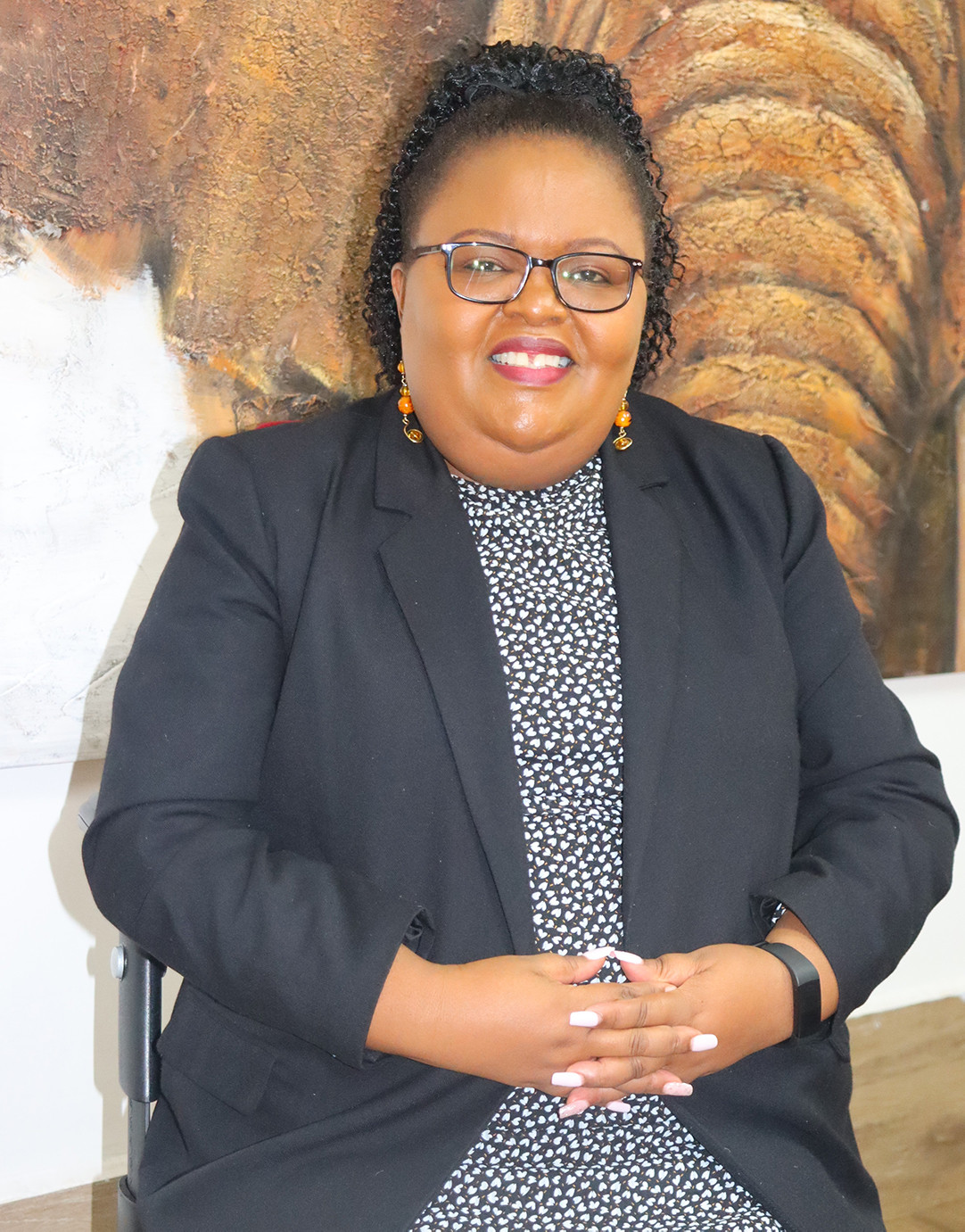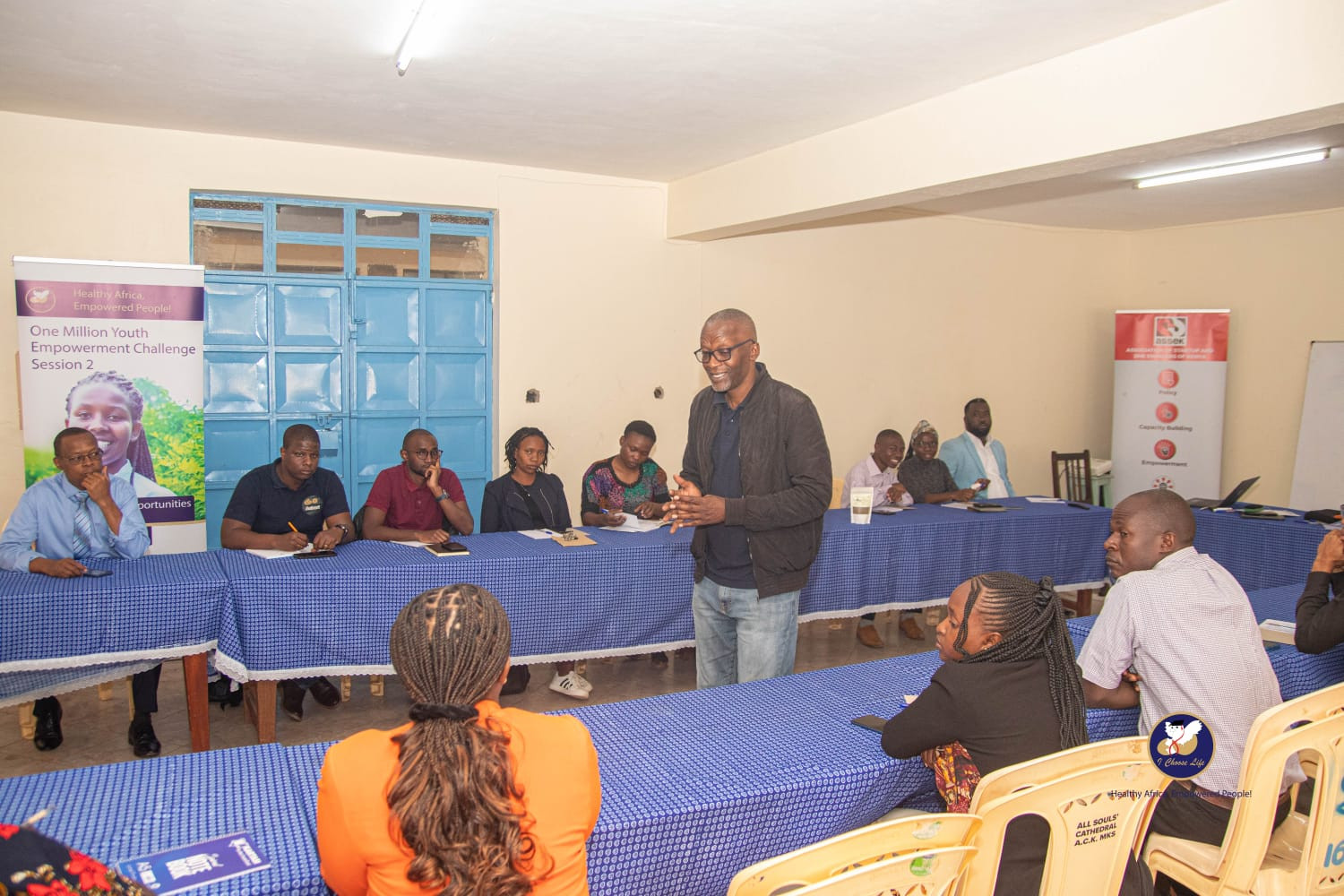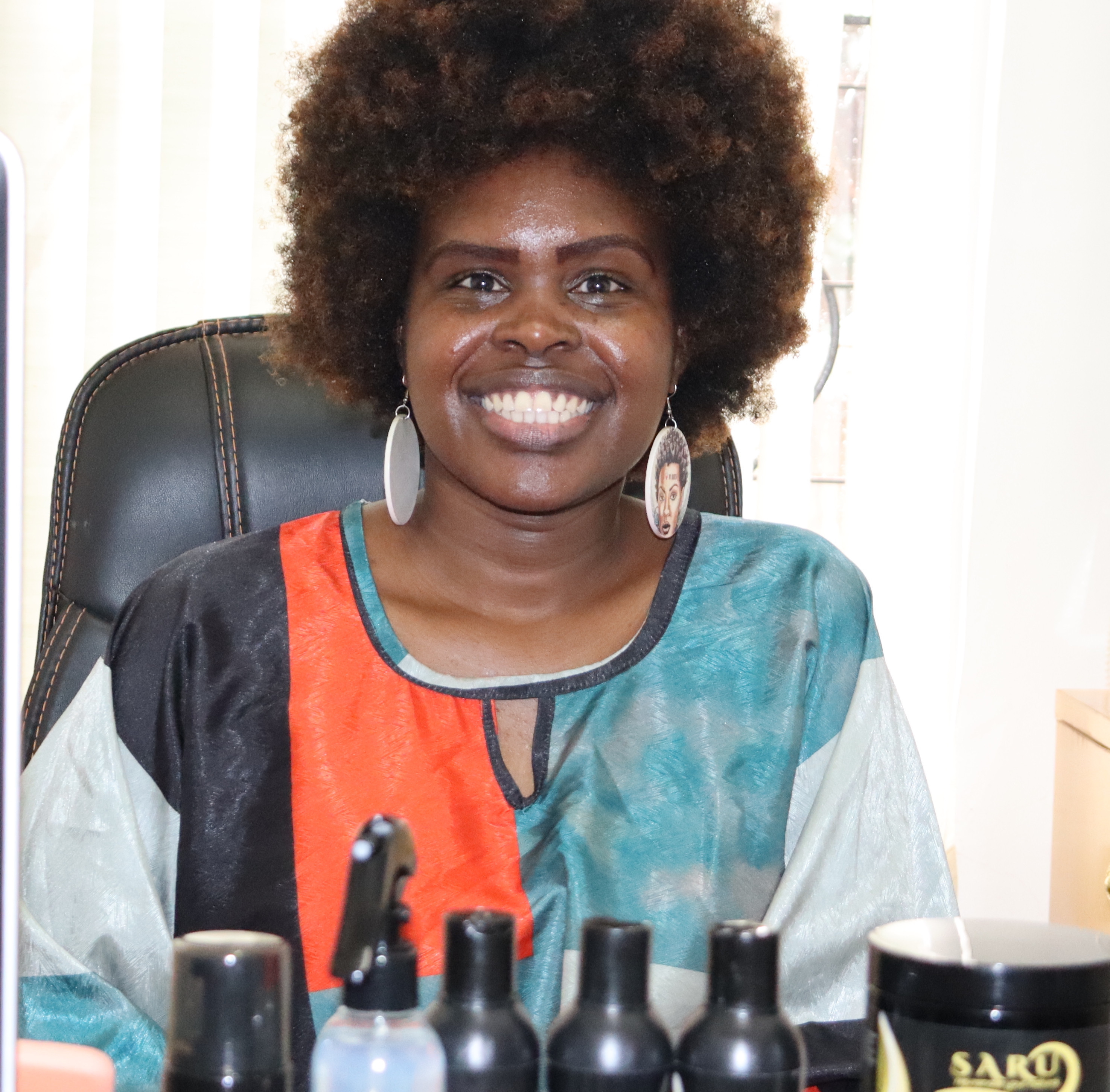“After the Gavel’’; Why MSME’S In Kenya Should Reap the Benefits of International Accords
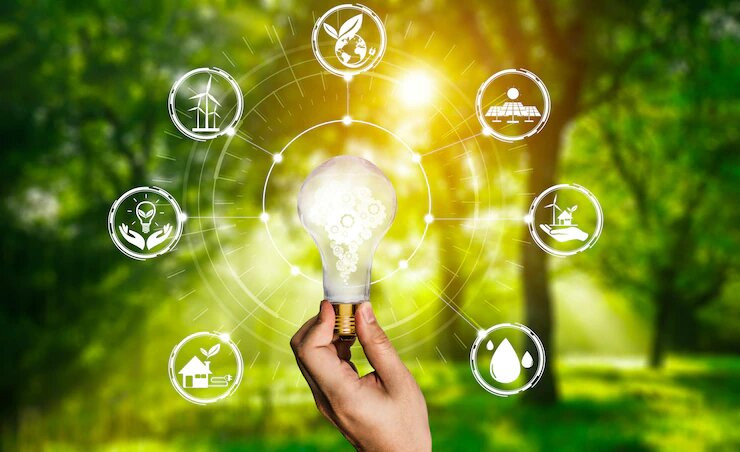
The year 2015 ushered in an unprecedented global focus on fast-tracking efforts to secure a healthy planet and build resilient communities. This was necessitated by various factors including human influence on the climate and the earth’s temperature, increased exposure to hazards amongst other factors. The focus culminated in the adoption of various international accords negotiated and adopted through multilateral mechanisms, what was commonly referred to as the post-2015 development agenda: an ambitious and transformative agenda.
These international accords include the Sustainable Development Goals (SDG’s), the Sendai Framework for Disaster Risk Reduction 2015-2030, Addis Ababa Action Agenda, Paris Agreement on Climate Change, the New Urban Agenda, and the Agenda for Humanity. Each of these accords were specific in their objectives geared toward comprehensively addressing or mitigating for development. However, for these accords to achieve the expected results, a seamless coherence in their implementation at all levels is critical i.e., international, national, and local. In the case of Kenya, the evidence of the implementation and action of the accord should be experienced right to the county ward level. Equally all stakeholders from the private and public sectors including Micro, Small, and Medium Entrepreneurs’(MSMEs), led by governments have a decisive role to play, and a shared vision in the implementation. There is no doubt that all these international accords have an equal importance in shaping the future of the planet and its people starting at the county local ward level and building out globally.
Kenya as a member of the United Nations (UN) demonstrated leadership at various stages leading up to the adoption of these post-2015 accords. This included co-chairing the UN General Assembly Open Working Group on Sustainable Development Goals (SDGs) mandated to develop a set of sustainable development goals. The seventeen goals include SDG 7 (Affordable and Clean Energy), SDG 9 (Industry, Innovation and Infrastructure, SDG 13 (Climate Action). Kenya was part of the 2017 voluntary national review of the high-level political forum on sustainable development and was involved in the negotiations leading up to the adoption of the Sendai Framework for Disaster Risk Reduction 2015-2030. Finally, and most recently in November 2021, Kenya was appointed as the new Chair of the Africa Regional Platform for Disaster Risk Reduction (DRR).
Evidently Kenya’s investment in these accords demonstrates its commitment and willingness to contribute to resilience building, a resilient people, and a resilient planet. Resilience as defined by the United Nations Office for Disaster Risk Reduction is broadly understood to mean is the ability of a system, community or society exposed to hazards to resist, absorb, accommodate, adapt to, transform, and recover from the effects of a hazard in a timely and efficient manner, including through the preservation and restoration of its essential basic structures and functions through risk management.
However, for Kenya to benefit and contribute to this ambitious global agenda, anchored in goals and targets against which governments will monitor and report, a solid and committed partnership framework is a prerequisite. Rigorous strategic partnership engagement with all stakeholders including the private sector, philanthropic foundations, civil-society, academia, faith-based organizations, and the science community is necessary.
The outbreak of the COVID-19 pandemic and the effects thereafter further demonstrated the need to recall our commitments as a country to these international accords. It is even clearer that MSME’s, as essential players in the economy, will need to step-up actions towards contributing and actualizing to the achievement of the post-2015 development agenda. Indeed, MSME’s have a shared role in action towards achieving the goals and targets anchored in the various international accords
Pragmatic ways MSMEs in Kenya could step up action
In practical terms MSME’s as the cog wheels of the Kenyan economy (contribute 40 % of GDP) should work towards building their capacity to formulate industry and business sustainability this directly contributing to the achievement of the 17 Sustainable Development Goals (SDGs) and the Paris Agreement on Climate Change. The international organizations have provided enabling events, for example the SDG Investment Fair, which aims to mobilize financing for development and scale up private sector participation in the SDGs though investments in developing countries. MSME’s participation in such events will bring forth and contribute towards reducing and absorbing disaster shocks and impact, or securing overall improved health etc.
In the same breath MSME’s in manufacturing should and can explore options of sourcing for sustainable local materials, action that works towards the achievement of the SDG’s. A shift towards using renewable energy, for example, will align to the commitments of the Paris Agreement on Climate Change by working towards reducing the emission of greenhouse gases.
MSME’s contribution to the achievement of the Sendai Framework for Disaster Risk Reduction will bring the necessary shift in understanding that disaster risk management needs to be based on an understanding of disaster risk in all its dimensions of vulnerability, capacity, exposure of persons and assets, hazards characteristics and the environment.
MSME’s can profit from an understanding of the Sendai Framework for Disaster Risk Reduction, priorities, and targets. For example, MSME’s applying a risk lens in business practices (lessons from the Covid-19 pandemic) will ensure business continuity plans address issues such as technological risks emerging from the shift to Information, Communication and Technology (ICT) technologically to conduct businesses. Further, strategies to overcome heightened cyber security brought about by the new working data systems and networks.
The unprecedented effect on the supply chain means that MSME’s should formulate risk-informed contingency plans that favor the use of locally produced raw material or recycled materials. MSME’s risk assessments should apply a multi-hazard and specific hazard approach not withstanding applying climate scenarios in their production and choice of products (coping with the changing weather patterns).
MSME’s should encourage the preservation and use of data in the formulation of their build back better models. The COVID-19 pandemic has demonstrated the importance of real time data in handling disasters as well as the value of data transparency and privacy. The importance of early warning systems in business preparedness cannot be overstated. MSME’s can engage with relevant science, universities, colleges, outreach facilities, and learning institutions to generate, manage and analyze data knowledge and promote public awareness on issues of comprehensive disaster risk mitigation and preparedness
Climate change adaptation goes beyond environmental considerations as it impacts all aspects of humanity and requires a multi-disciplinary approach. According to the United Nations Framework Convention on Climate Change (UNFCCC) Climate change means a change of climate which is attributed directly or indirectly to human activity that alters the composition of the global atmosphere and which is in addition to natural climate variability observed over comparable time periods. Impacts include land and forest degradation, loss of biodiversity and desertification.
MSME’s can build their climate action capacity through partnerships with academia to seek solutions in mainstreaming climate change in their business operations. For example, integrating decision-making with meteorological data will support MSME’s in agribusiness due to their reliance on raw materials. Changes in weather patterns can also influence the demand for goods and services. It is therefore critical for MSME’s to increase climate knowledge as a means of business sustainability.
The New Urban Agenda works as an accelerator of the Sustainable Development Goals (particularly SDG 11). It provides the global principles, policies and standards required to achieve sustainable urban development, to transform the way we construct, manage, operates, and live in our cities. MSME’s as a key partner to government should therefore ensure that issues such as building codes, infrastructure, waste management, etc. work towards the broader vision of sustainability.
The Addis Ababa Action Agenda (AAAA) provides a global framework for financing sustainable development by aligning all financing flows and policies with economic, social, and environmental priorities. Notwithstanding the fact that MSME’s are key partners for governments in financing for development and can align their business priorities taking into consideration social and environmental considerations. MSME’s can be seen as sustainable development incubators given their role in providing products and services, creating jobs, fostering innovation and value creation. According to the SME Competitiveness Outlook 2019 published by the International Trade Centre (ITC), $1 trillion of investment in SME’s globally would unlock their ability to deliver on the Sustainable Development Goals, while at the same time generating returns for investors. Currently, less than 1% of funds under global asset managers have been invested in developing MSME’s.
The Agenda for Humanity is a five-point plan which outlines changes that are required to alleviate human suffering, reduce risk, and lessen vulnerability on a global scale. Over the years MSME’s have contributed to the building of community resilience in ways yet to be adequately grasped. A deeper look at the Agenda for Humanity focuses MSME financial and human resources towards preparedness and reducing vulnerability rather than on humanitarian response. The Humanitarian approach is more heavily skewed towards a response framework that supports post-impact work, unlike pre-impact investment in mitigation and preparedness which offers better chances for enduring, relevant, and applicable solutions. Investment in mitigation and preparedness planning also significantly save MSME resources - human, infrastructural, and financial, as opposed to response and recovery resource allocation.
The role of MSME’s in contributing to the achievement of the post-2015 development agenda is evident and has direct implications for not only supporting global objectives but for measurable local adaptations offering enduring, data-informed solutions. It is incumbent on the different actors to work in a coherent approach so that all the investment and gains thus far contribute to the resilience of the planet and its people and the ongoing work and production that supports human development.
By Muthoni Njogu, Social Entrepreneur
E-mail: njogumuthoni@yahoo.com

